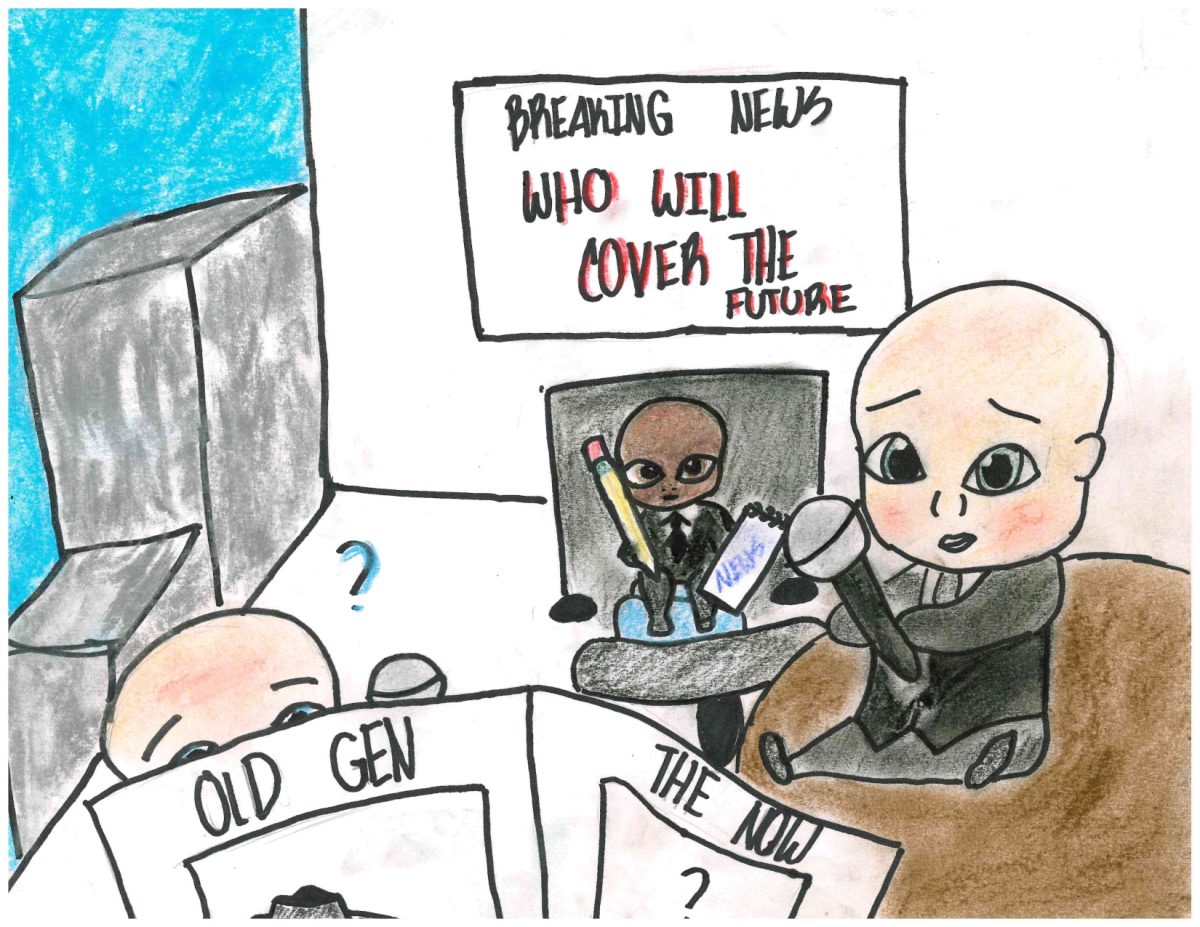Through big business control, the United States has become a country of monopolies with large corporations having more government control than ever before without the best interest of the average citizen.
According to Mauldin Economics president John Mauldin, America’s economy is basically “owned” by a handful of large corporations that have little to no competition.
The lack of competition leads to no incentive for these companies to produce better quality products or enhance their methodical processes.
Citizens are then forced by necessity to hand in cash to these companies in exchange for their goods/services and the companies just get to rack it in.
While this problem in the past has solved itself with consumer preferences changing and evolving technology, it hasn’t yet happened.
The reason why this is happening is simple; the U.S. has become a country of monopolies.
According to a study by Axios, three companies control about 80% of mobile telecoms, three companies control 95% of credit cards, the U.S. Google accounts for 60% of search and the list goes on.
This concentrated market power is a result of consecutive decades of flat wages and slow productivity growth. Market competition is what greases the wheels in an economy. Companies grow profits by increasing product quality at a lower price than their competitors.
This dynamic allows for new companies to constantly be added in and various ones constantly dropping out. “Creative Destruction” is what the late famous economist Joseph Schumpeter called this process.
While today we don’t see this “Creative Destruction” process, some modern economists are calling it “Uncreative Destruction.”
There are some benefits to today’s processes, such as consistent work for the working class, but overall is harmful to small business owners and small farmers trying to make it.
The reality is that we can cheer on small farmers, but our society and economy are moving in a direction where there are larger businesses and fewer competitors.
What’s even worse is that the owners of these big tech and industrial businesses are the ones who are in a sense “winning” the pandemic. Even in the largest recession America has seen since the 1930s, billionaires are not losing their worth; they are richer than ever before.
Since March of 2020, America’s 614 billionaires have collectively grown their net worth by $931 billion, according to USA Today. This raised their combined net worth to over $4 trillion, one-third growth since the beginning of the pandemic.
For perspective, Congress spent $900 billion on its stimulus package that put $600 into the pockets of citizens who make less than $75,000.
These billionaires could give their profits to American citizens with it barely making a dent in their personal accounts.
As millions of American’s financials continue to crumble and our economy goes deeper into recession, billionaires amassed their new billions.
Billionaires have made this money from their stocks that have recovered more quickly than other parts of the economy as well as many who own businesses that were prepared for the technological trends of the shutdowns such as Amazon, Target and Walmart, among other retail giants.
These profits to big companies are expected to receive political backlash in the coming months. Economists expect America’s leaders will finally recognize the toll on the non billionaire Americans and will fight for greater benefits for workers and progressive tax reforms to balance the discrepancies between the “top” Americans and everyone else below them.
America’s monopolized economy no longer a game
As the pandemic worsens and more Americans continue their financial struggles, billionaires of retail giants and big corporations continue to make unfathomable amounts of money. This combined with the lack of market competition will show detrimental effects to the country’s economy in the years to come.

Cartoon by Miranda Razzi
0
More to Discover
About the Contributor
Molly Hendricks, Managing Editor






